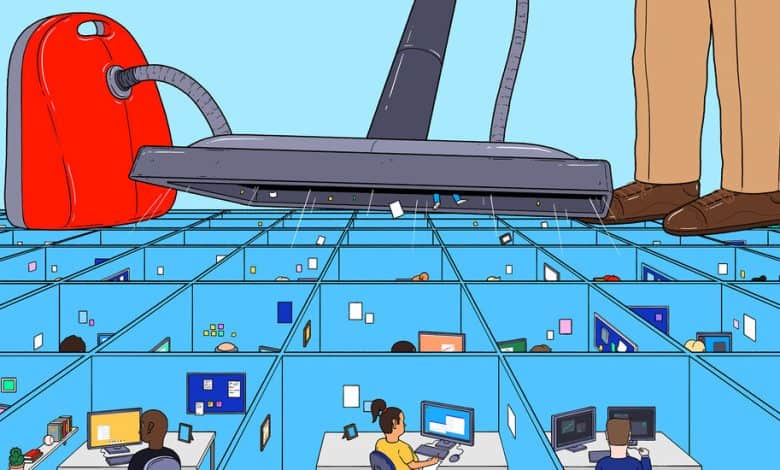How Big Tech Is Killing Innovation

Silicon Valley prides itself on disruption: Start-ups develop new technologies, upend existing markets and overtake incumbents. This cycle of creative destruction brought us the personal computer, the internet and the smartphone. But in recent years, a handful of incumbent tech companies have sustained their dominance. Why? We believe they have learned how to co-opt potentially disruptive start-ups before they can become competitive threats.
Just look at what’s happening to the leading companies in generative artificial intelligence.
DeepMind, one of the first prominent A.I. start-ups, was acquired by Google. OpenAI, founded as a nonprofit and counterweight to Google’s dominance, has raised $13 billion from Microsoft. Anthropic, a start-up founded by OpenAI engineers who grew wary of Microsoft’s influence, has raised $4 billion from Amazon and $2 billion from Google.
Last week, the news broke that the Federal Trade Commission was investigating Microsoft’s dealings with Inflection AI, a start-up founded by DeepMind engineers who used to work for Google. The government seems to be interested in whether Microsoft’s agreement to pay Inflection $650 million in a licensing deal — at the same time it was gutting the start-up by hiring away most of its engineering team — was an end run around antitrust laws.
Microsoft has defended its partnership with Inflection. But is the government right to be worried about these deals? We think so. In the short run, partnerships between A.I. start-ups and Big Tech give the start-ups the enormous sums of cash and hard-to-source chips they want. But in the long run, it is competition — not consolidation — that delivers technological progress.
Today’s tech giants were once small start-ups themselves. They built businesses by figuring out how to commercialize new technologies — Apple’s personal computer, Microsoft’s operating system, Amazon’s online marketplace, Google’s search engine and Facebook’s social network. These new technologies didn’t so much compete with incumbents as route around them, offering new ways of doing things that upended the expectations of the market.
But that pattern of start-ups innovating, growing and leapfrogging incumbents seems to have stopped. The tech giants are old. Each was founded more than 20 years ago — Apple and Microsoft in the 1970s, Amazon and Google in the 1990s, and Facebook in 2004. Why has no new competitor emerged to disrupt the market?
